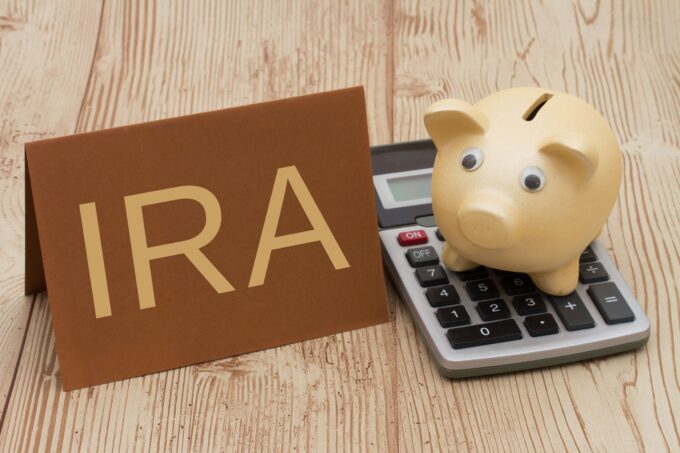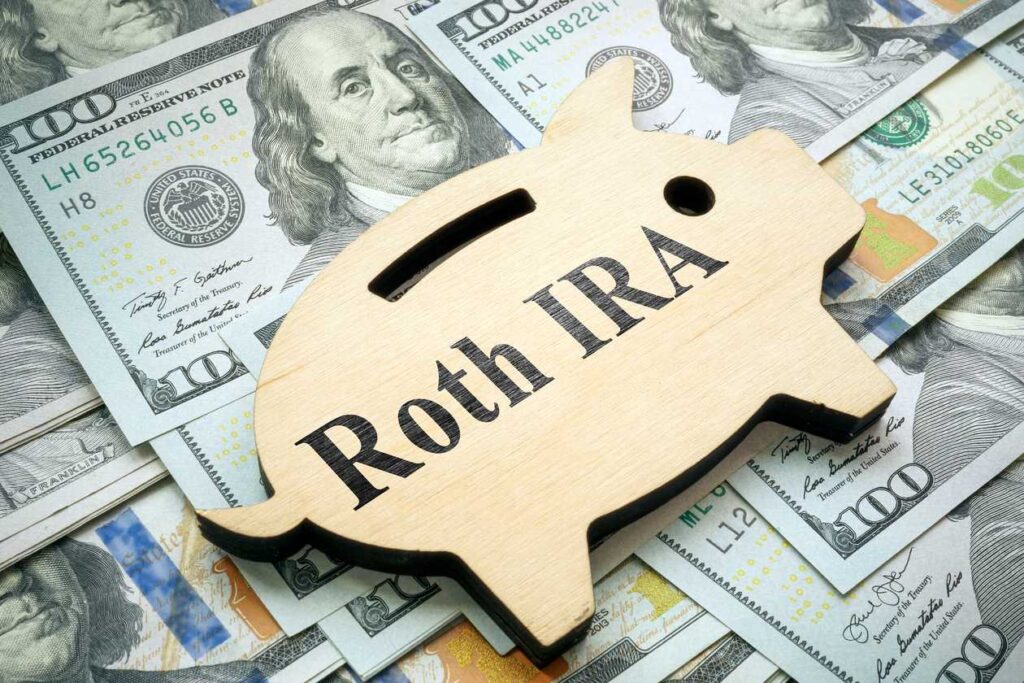Retirement is a natural part of life. After a certain age, you may want nothing more than to wind up and enjoy the rest of your life peacefully. According to Forbes’ statistics in 2022, the latest retirement age for men is 65, while women must leave work by 62.
While the retirement age has increased steadily for both genders, it may not be enough to prepare for retirement. This is because planning for retirement is a multistep process that involves securing a steady source of income for yourself, knowing what tax exemptions are in store for you, and responsibly investing your funds so that you don’t drain your money the minute you quit work for good.
To help you, here are some ways you should look into as you plan for your retirement:
Have a 401(k)

Source: freepik.com
A 401(k) is a retirement saving plan most American employers offer. This gives you a tax break on the money you contribute. So, when you sign up for a 401(k), a percentage of your paycheck is deducted and invested.
These are called contributions; you get to decide from the list of offerings where this money should get invested. In most cases, almost every employee chooses a mutual saving fund. Since this money is deducted before the income tax is calculated, you save a considerable amount.
Over time, the value of your savings grows, and by the time you retire, you can use this money tax-free. You will only be charged a minimum amount of income tax when you withdraw cash. However, this situation applies when you plan on retiring at 62, but what happens if you have to retire earlier?
In such cases, look into withdrawing from 401k at 55 so that you may learn the rules that will now govern your funds.
The IRS acknowledges that circumstances may push you to dip your fingers into these funds earlier, and learning about the potential risks of using your retirement fund before time can help you choose another retirement plan.
Invest Money Early

Source: m.economictimes.com
If you start investing your money early into assets like property or stocks, you may have a high return on investment over time. Furthermore, your profit will come with interest, which is a significant win for you.
Therefore, it is recommended you look into investing early. But, if you can’t start early and are almost inching closer to your retirement, you can still choose to shift your funds around. Follow asset allocation principles and pick resources you know will yield a high outcome.
The three most popular choices include;
- Stocks,
- Bonds,
- and saving accounts.
Divide your account balance for these three options accordingly. You should look into funneling your cash into an exchange-traded fund since these are the easiest to invest in and save up for retirement.
Trading stocks requires a slight learning curve. You can research how to invest in stocks to ensure you’re making the right moves. In general, stocks give you a share in the ownership of a publicly traded company.
When this company grows, your profit also shoots up. Working with stocks is about holding on to your share until you find the right time to cash it.
Sometimes, you must put down the cash early or hold it longer. Bonds, on the other hand, are government-issued assets. Unlike stocks, you don’t own them. When you get a bond, the government essentially loans you money for a prescribed period.
Once the bond matures and you have to return it, you will receive the face value, the original amount you put down, and the profit your asset made.
Go For an IRA

Source: vermillionfinancial.com
An IRA is an individual retirement account that functions like the 401(k), except it has nothing to do with your job. If you don’t want to sign up for a 401(k) and independently handle your money, use an IRA.
These retirement plans collect interest according to the money you contribute to them. This means the more money you put in, the more cash you will have for retirement. Traditionally, there are three types of IRA; these are as follows:
Traditional IRA
A traditional IRA lets you subside taxes, saving you from the trouble of paying your income taxes. When you retire, the only tax levied on you is a small amount charged for withdrawing cash. A traditional IRA is best if you think you will end up in a low tax bracket following retirement.
It also has an added perk; you can withdraw cash without penalty for some purchases, which ultimately allows you to save up more.
Roth IRA

Source: time.com
A Roth IRA charges you taxes on the money you contribute, but eventually, you end up with tax-free money in your account. If you contribute large sums to your account, a Roth IRA is the best option; while you may be paying taxes now, you’re saving yourself from paying minute charges after retirement.
Rollover IRA
A rollover IRA is transferring your retirement funds into a new account. So suppose you have a 401(k) set up to your name by your old employer. But now, you no longer work in that company or want to shift your assets to a traditional IRA; in such cases, you will need to use a rollover IRA.
This account’s purpose is to maintain the tax-free status of your savings. You can shift money from any sponsored retirement account to your rollover IRA.
Consult a Retirement Advisor
Planning for your retirement can get overwhelming. If you’re unsure how to manage your money, write a will on time, or manage your estate, you must talk to a retirement advisor. There is nothing wrong with talking to a professional who understands the nuances of developing a solid retirement plan.
Most of these experts are highly qualified and have the credentials that you need to guide you.
Generally, retirement advisors are certified public accountants (CPAs), certified financial planners (CFPs), or investment managers. Before you start working with one, know what you want a retirement advisor to handle.

Source: thebalancemoney.com
Final Thoughts
Retirement planning is an integral part of your life. Before you say goodbye to the employment market for good, ensure you have a secure plan to give you the peaceful retired life you deserve.
Retirement planning can be long and arduous, which is for a good reason; you need to know how to manage your funds, allocate your assets and write a will. Since there is so much to do, take your time getting over each task individually.
Look into how a 401(k) or an IRA benefits you. Finally, if you’re unsure what to do, hire a financial advisor and let them take care of you.



